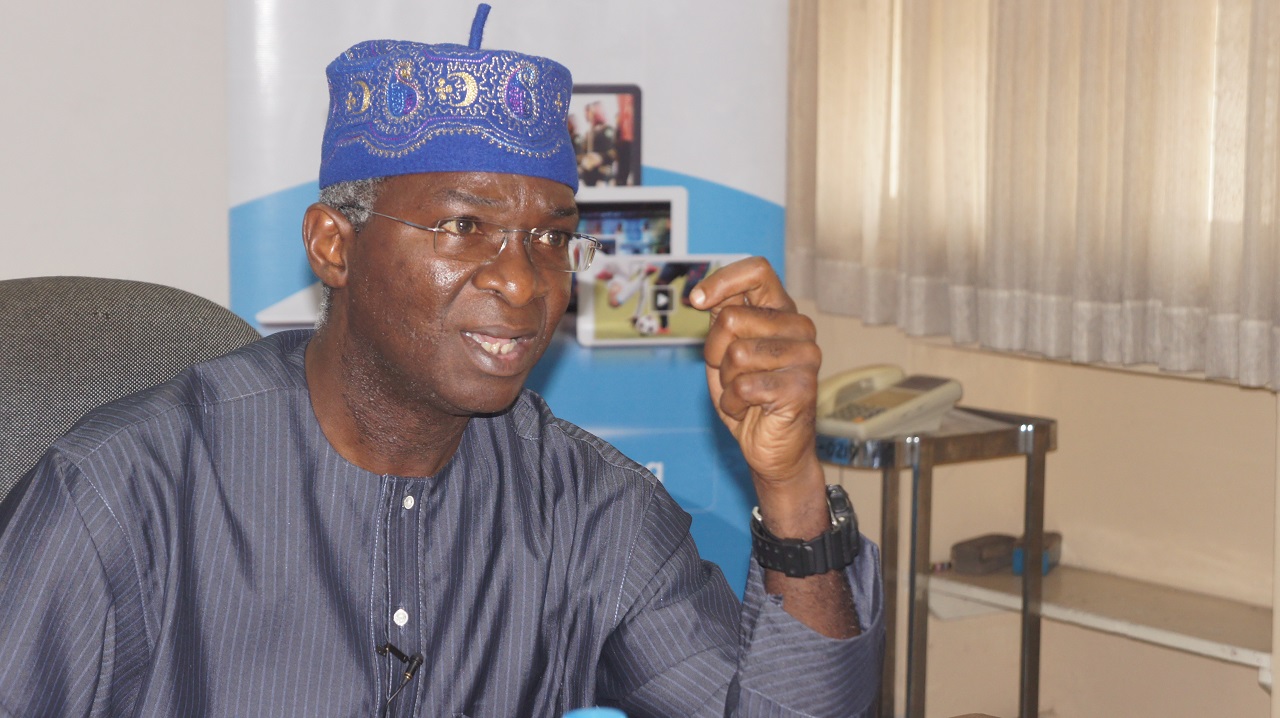ABUJA, Nigeria – Former Minister of Works and Housing, Mr. Babatunde Fashola, has petitioned the acting Inspector General of Police, Kayode Egbetokun, over what he termed “baseless and defamatory” allegations connecting him to influencing the judgment of the Presidential Election Petition Tribunal.
The petition, dispatched on Monday, August 7, 2023, and titled “RE: FALSE ALLEGATION AND CYBERSTALKING OF MR. BABATUNDE R. FASHOLA, SAN, CON” was orchestrated by his legal team, Priory Terrace Solicitors.
They called upon the IGP to promptly investigate these accusations to uphold Fashola’s reputation.
Previously on Monday, August 7, 2023, Fashola had refuted these allegations, emphasizing that he hadn’t been in Abuja for a long period, thus making the claims baseless.
He further urged security agencies to deal decisively with the purveyors of this falsehood.
His counsel further detailed that the false information disseminated on X (previously Twitter) by certain users, notably Jackson Ude, had tarnished the public image of their client by painting him as:
- A corrupt legal practitioner involved in election rigging.
- A deceitful politician compromising the judiciary.
- A lawyer undeserving of his esteemed rank as a Senior Advocate of Nigeria.
The legal team stated, “These misleading allegations, given their timing, might be a fragment of a larger scheme to compromise the judiciary by entities aiming to exploit the judicial institution for personal benefits.”
They further emphasized the threat these false claims pose to Fashola’s reputation and Nigeria’s judiciary’s overall credibility and impartiality.
Drawing upon the Cybercrimes Act 2015, they urged the IGP to act decisively, upholding the integrity of the nation’s judicial system.
The culmination of these events underscores the dangers of misinformation in the digital age and the profound implications they can have on the reputations of public figures and institutions.
Edo Court Affirms Citizens’ Right to Record Police Arrest, Frees Tricycle Rider
An Edo State Magistrate Court has dismissed charges against a tricycle rider for riding in a Government Reserved Area, GRA, and against a man for videoing a police arrest, highlighting concerns over police overreach and a lack of due process.
Brighton Odion, who was riding his tricycle along Limit Road in Benin City, was arrested on July 26, 2022, by the Nigeria Police Force’s New Etete Division, accused of violating a governor’s order restricting tricycle movement in that area. He was charged when he refused to bribe the police.
Mr. Vision Nelson was also arrested and charged for taking pictures of Odion’s arrest, being accused of being an unregistered photographer and unlicensed journalist, and for using his Android phone to record the event.
However, the court ruled in favor of both defendants, striking out the charges against them.
The Chief Magistrate in Evbuoriaria Magistrate Court 5, Sapele Road, Benin City, declared that “videoing or recording in a public place is not an offence, citizens have rights to do recordings anywhere, anytime.”
Furthermore, the magistrate stated that no law in Edo State prohibits or restricts tricycle movement on major roads or streets.
The case was struck out for lack of merit, as the police could not prove their case beyond a reasonable doubt.
The Edo Civil Society Organisations, EDOCSO, welcomed the judgment, stating that justice might be delayed but can never be denied.
They called on the leadership of the Nigeria Police Force to ensure properly trained and educated personnel man divisions to avoid such embarrassment.
The group also expressed frustration with what appears to be the police’s tendency to charge suspects without considering the final implications, leading to wasting time and resources on frivolous pursuits of non-existent criminal cases.
EDOCSO’s statement also made clear that any further harassment of tricycle riders in Edo state by police officers would be seen as contempt of court, and they will ensure the full wrath of the law takes its course.
This case serves as a reminder of the importance of proper legal process and police accountability.
It underlines the need for comprehensive police training and adherence to the rule of law, and it illustrates the essential role of civil society organisations and the courts in upholding citizens’ rights.







